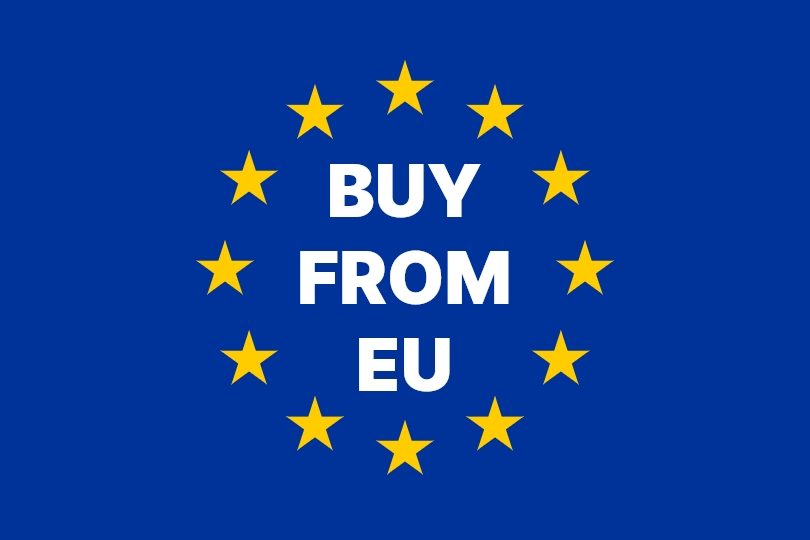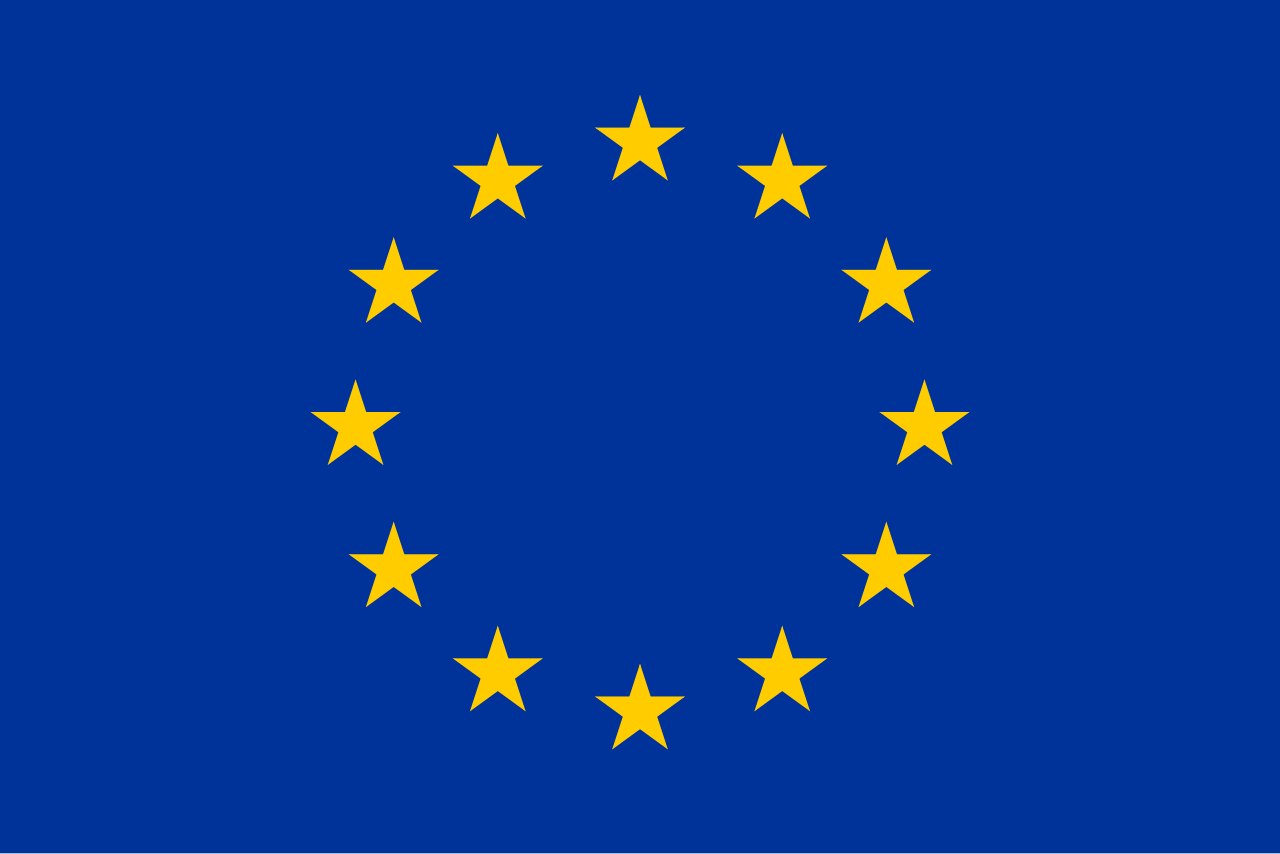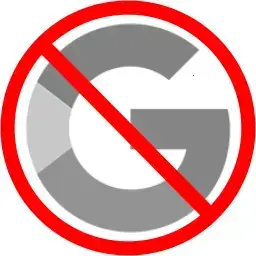ciferecaNinjo
- 73 Posts
- 171 Comments

 21·17 days ago
21·17 days agoThanks. I noticed that but I would have to wait till I have a decent connection and then I wouldn’t understand the German anyway.

 3·17 days ago
3·17 days agoJust commenting based on the title since I am blocked from YT and also don’t speak German. (An English transcript would be useful)
Ditching Gmail is trivially easy. Boycotting gmail is where the interesting conversation is, because often you need to reach someone who uses gmail. You can do an MX lookup on the domain of the recipient’s email address, but that only works about 70% of the time. If they use an email firewall like Barracuda or a forwarding address, then there is no way to know where the email route ends.
If I cannot get confidence from an MX lookup, then the recipient is getting a fax or postal letter from me. Google could still end up in the loop, but as long as you don’t reveal an email address to the recipient, at least you remain in control over what Google collects and profits from.
I’m not sure what you want a source for. You mean a vendor who will sell one? XO-4 Touch was apparently the last model. I just had a look at laptop.org and the site looks useless now. It used to be full of wikis with copious details about the hardware and software of the OLPC.
There are (or were) a variety of NGOs who worked on getting OLPCs into impoverished schools. One of them was https://unleashkids.org/. They are not in the business of selling them but ~15 yrs ago they were kind enough to sell some. The idea was that teachers and developers would need them to help support the OLPC project. I suggest touching base with them and see what they say, since they seem to still be around.
The XO-4 Touch came with “Sugar”, a foss OS just for kids. It was easy to make it boot into Gnome instead (underpinned by RedHat). And someone made an Android OS that could be flashed onto an SD card and booted in the OLPC. I should mention that the OLPC was never 100% FOSS. The usual shit-show of blobs for some of the hardware drivers. I mainly just used it as an e-reader on Gnome.
I’ve always been baffled that these FOSS e-ink laptops did not make it onto the general marketplace, while at the same time there were no commercial makers of anything like it. There was a “Pixel QI” dual-mode screen that could be bought bare and installed in Thinkpads and other machines, but for some reason that never took off either.
OLPC (one-laptop-per-child) is a FOSS e-ink laptop (but small enough to function as an e-reader). Though I think they are no longer made and they were always hard to get.

 2·1 month ago
2·1 month agoHere is a way to use open data law to take individual action:

 2·1 month ago
2·1 month agoFrom the PDF, one of the EU’s concerns is:
However, much of the value generated by open-source projects is exploited outside the EU, often benefiting tech giants.
When tech giants use FOSS, it’s a shame they can extract wealth without compensating the contributors. OTOH, if the baddies become dependent on FOSS, that’s favorable anyway. It means they might contribute code to the projects which otherwise would not happen.
The PDF does not cover public schools specifically. They need to be told that public schools are the most important place to deploy FOSS. Consider a university in Denmark pushes commercial software on students (sadly, they provide that software on a campus webpage improperly titled “Free Software” b/c it is gratis for students). The damage is of course that Denmark educates people to be dependent or clung-onto closed-source software like MATLAB, not GNU Octave. That negative training means the young generations are being conditioned to favor non-free software.
FSFE does not know about this?
The FSFE has a newsletter for “public money → public code”. They have not mentioned this /have your say/ page. Strange.
Downvotes?
I get why the OP was downvoted here… this is a bit off-topic for BuyFromEU. But !ETS@europe.pub has 4 silent down votes. WTF? I’ve seen that before. ETS seems to be heavily read by opponents of ETS.

 3·5 months ago
3·5 months agoIce cubes would be interesting for non-fortified wine. But I suppose sherry might not freeze at 15% alc. (not sure).
Anyway, someone just said only 12% alc is needed for shelf-stability and someone else said 15% is fine for the shelf, so that solves the problem. Sherry can simply be kept at room temp.

 2·5 months ago
2·5 months agoGlad to hear about the 12% threshold. All the cheap sherry I have easy local access to are 15%.

 3·5 months ago
3·5 months agoCooking wine is indeed cheaper and lower quality. But more importantly it is shelf-stable. You can open a bottle of cooking wine and keep it in the cupboard. The stuff is labelled “cooking wine” in the US so that it is treated as such. It probably gets around some of the tight liquor controls there.
Europe does not seem to have a product with preservatives specifically for that purpose. So you would use substandard wines for cooking. If champaign goes flat because an open bottle sat out overnight, it’s still good for risotto. But I would still chill it if I weren’t making risotto the next day. In the case at hand, I don’t want to be keeping a bottle of sherry in the fridge.
When using a whole bottle in a day, then of course there is no issue. But it takes me a year to get through a bottle of Sherry.

 1·6 months ago
1·6 months agoIt cannot be about addiction prevention especially when there is only one casino in a given area. The staff sees the faces of addicts on a regular basis, their behaviour, and emotions. This is better information than they could get from a transaction record.
Having to register is common across casinos I think.
It’s recent. In any case, I would like to find rare casinos that are free to enter anonymously.

 2·6 months ago
2·6 months agoI appreciate the tip but I guess that is useless for Flixbus. Flixbus says they only accept credit card, paypal, google pay or apple pay… Nothing I would go near.

 1·6 months ago
1·6 months agoScandinavia has those long-haul bus trips. I recall checking on a bus to Denmark. The time difference was substantial. In my case a flight made the most sense. But in any case, this is not a Flixbus issue generally. It’s the routes which are likely intended for shorter travel, like people getting on and off in just a small segment of the overall route.

 1·6 months ago
1·6 months agoso the strange thing about flixbus is that it runs a bunch of routes that take you between the same places as the trains can, in a less comfortable vehicle, and absolutely fucking hilariously slower.
For example gothenburg-stockholm is 3-4 hours by train and flixbus takes 6-7 hours.Brussels to Amsterdam and back:
- 2h45 each way by Flixbus (about 5 min longer each way than the slow train, which has more stops)
- <€20 on Flixbus; >€40 by train
- Flixbus allowed Tor users to see schedules and fares until just recently. Now both Flixbus and Train vendors block Tor. The train ticketing sites are still a more shitty experience, at least in Belgium.
- Buses are more reliable than trains. We never hear about road works disrupting the trip. But back when I used the train it was a regular shit-show of delays and cancellations because you cannot easily route around maintenance on the tracks.
So you pay at least €20 more to get there ~5 min faster. Or you can pay even double the slow train fare if you want to shave off ~30min using the fast train.
The buses often have Wi-Fi and power. Do trains? IIRC, it was quite rare for trains to have either.

 3·6 months ago
3·6 months agoIndeed usb3 is very useful for disk i/o. I wouldn’t treat it as a deal breaker though. USB 2.0 is good enough for OS installations, especially if you do a Debian netinst which uses minimal disc input (although USB 2 is perhaps still faster than your WAN uplink). For backups, it depends on the volume you are dealing with. USB 2 is good enough for small data and incrementals but if you have to transfer 500+ GB then you would want one of:
- eSATA
- NAS storage (over ethernet), or
- USB 3
All of those buses can be added to a pre-USB 3 machine. But if it’s a laptop, the usb 3 expresscards may be hard to find locally because they never really got popular.

 2·6 months ago
2·6 months agoWhat do you need usb3 for? In most use cases, USB 3 can be added. I have a usb3 expresscard in my laptop, which has an external power input from a USB port to drive things like USB3 external hard drives that rely on the USB bus for power.

 1·8 months ago
1·8 months agoThanks. I wonder how long that statement has been made. In the past I was never confident in the wording from the national bank as far as expiry of banknotes. But the page you link seems solid enough. Saving an archived version here as an extra measure against any future shenanigans:
(and because bankofengland.co.uk is not an open access website)

 2·10 months ago
2·10 months agoI don’t know the Belgian case, but I think it’s the same thing in many member states; the publishing of laws online is done by private for-profit companies, and comes with weird restrictions.
Belgium has an open data law obligating the state to make available to the public generally all information that the state has, with some reasonable restrictions w.r.t private info about individuals. Legal statutes themselves would obviously have to be openly accessible under that law. That law was even used to force publication of train routes and schedules. I’ve not read the law but I guess it’s likely sloppy about what constitutes “open”, because the state’s own website is access restricted (e.g. Tor IPs are blocked).

 13·10 months ago
13·10 months agoIf a resource blocks certain IP addresses, that is not open access. It is access restricted. It is a deliberate blockade against a demographic of people.
“Open data” has different meanings in different bodies of law, so your comment is meaningless without context. But in any case, we can call shenanigans whenever an “open data” legal definition fails to thwart access restrictions in an Emporer wears no clothes type of attempt.
IOW, you cannot claim that an access restriction ceases to exist on some emotional plea that you believe the access restriction is just, appropriate, or necessary. An access restriction is an access restriction. “Open” implies open to all people, not some select demographics.

 2·10 months ago
2·10 months agoYes I understood that but it is not correct. We choose to use Tor for privacy, not to lose access to resources. There is no exclusion on the Tor side of this.







I hope it won’t run bank apps. When my bank tries to shut down their website and force me onto a smartphone (which is inherently not a smart move for privacy and security), I want to be able to show them that their app won’t run on my linux phone so there is pressure to keep the website running.
Fuck phone banking. Let’s have some separation of church and state.
boot lickers who want to run corporate spyware → Android or iOS
freedom seekers who want to keep their dignity and autonomy → linux
Worth noting that banks deliberately block alternative platforms. Some detect whether they are running in an emulator and refuse to run. And “emulator” is very loose. I saw a bank app refuse to run on a laptop that natively ran Android.